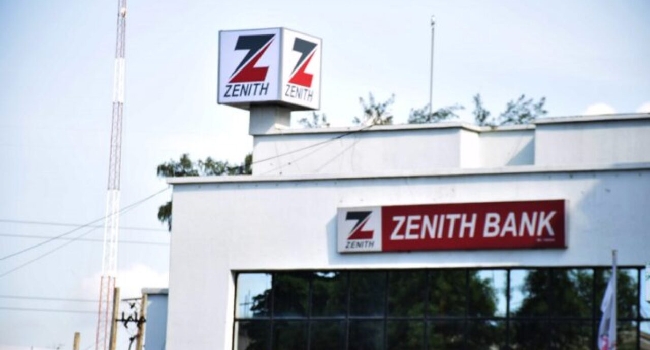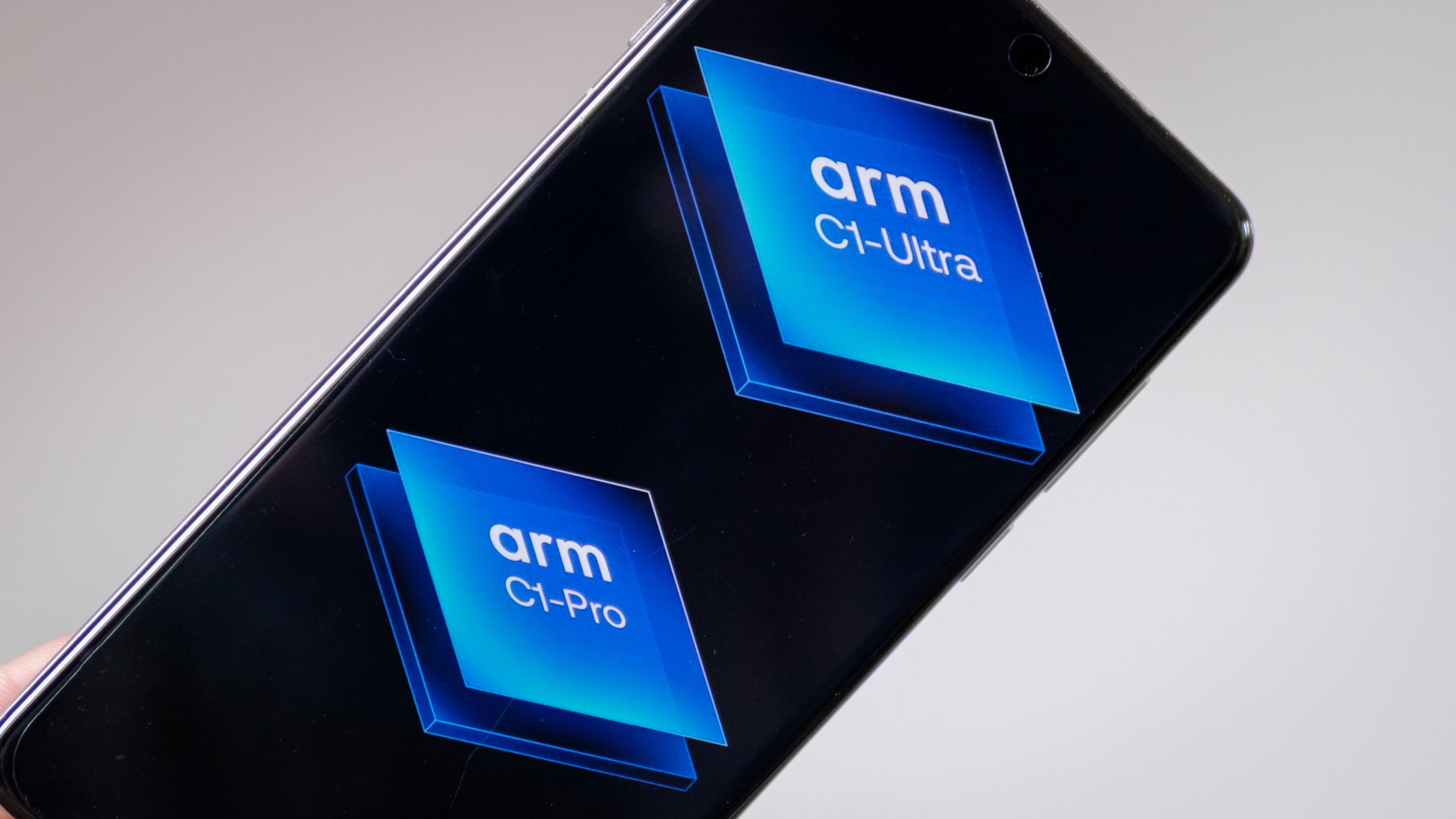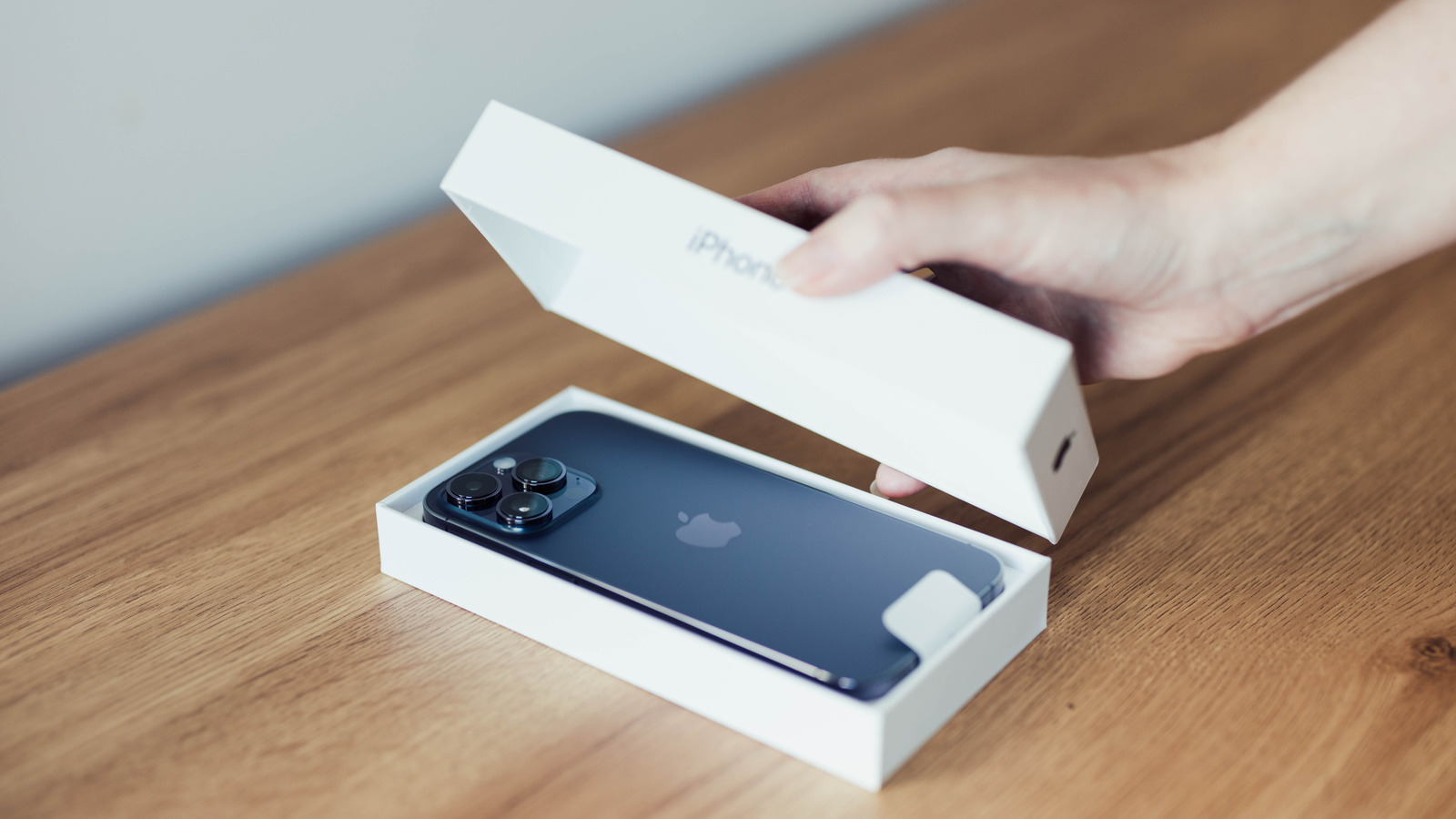Boda boda rides (commercial motorcycles) are one of the riskiest means of moving around in Kenya, yet they are also one of the most essential. Millions of Kenyans rely on them for daily transport, and riders themselves depend on long shifts to make a living.
Yet most of these riders have no insurance. One crash can wipe out months of earnings, leaving their families with nothing to fall back on. On Tuesday, Safaricom, Kenya’s largest telecom company, rolled out a new pitch to fix that, unveiling bundles that mix data, airtime, and, crucially, insurance.
The logic is simple. Riders spend every day online, hustling for fares, topping up airtime, and burning fuel. By tying insurance to products they already buy, Safaricom (with help from insurer Turaco and Shell’s fuel discounts) is betting that riders will bite. The new Tuunza Mapato cover offers hospital payouts and funeral support—services that could mean real relief in a sector where accidents are routine.
Here’s the rub: affordability. A rider can pay KES 50 ($0.38) daily for airtime and data, but the “real” value sits in the weekly and monthly packages. At KES 1,000 ($7.70), riders get insurance plus 8GB of data and credit. Drivers get a fatter KES 2,000 ($15.40) package with more data and coverage. On paper, it’s a no-brainer. In practice, boda incomes are erratic—KES 500–KES 1,500 ($3.85–$11.50) a day—and most can’t spare a lump sum upfront.
The bet, then, is on trust. Riders say they’ll only believe in the product if Safaricom pays claims fast and fairly. Kenya has over 2.4 million motorcycles on the road; if Safaricom cracks this, it’ll lock in the loyalty of the country’s most indispensable workforce.











